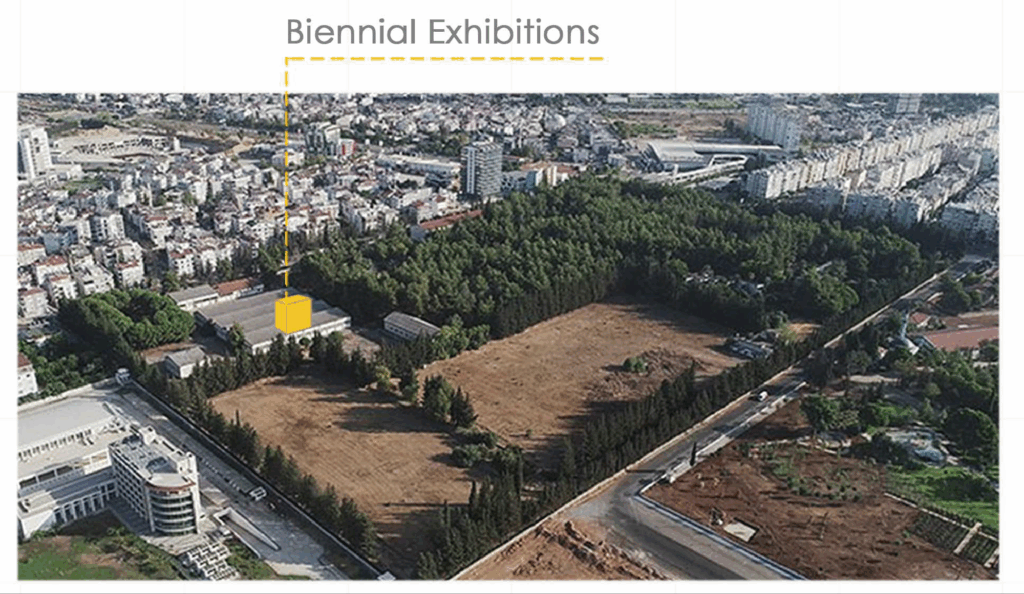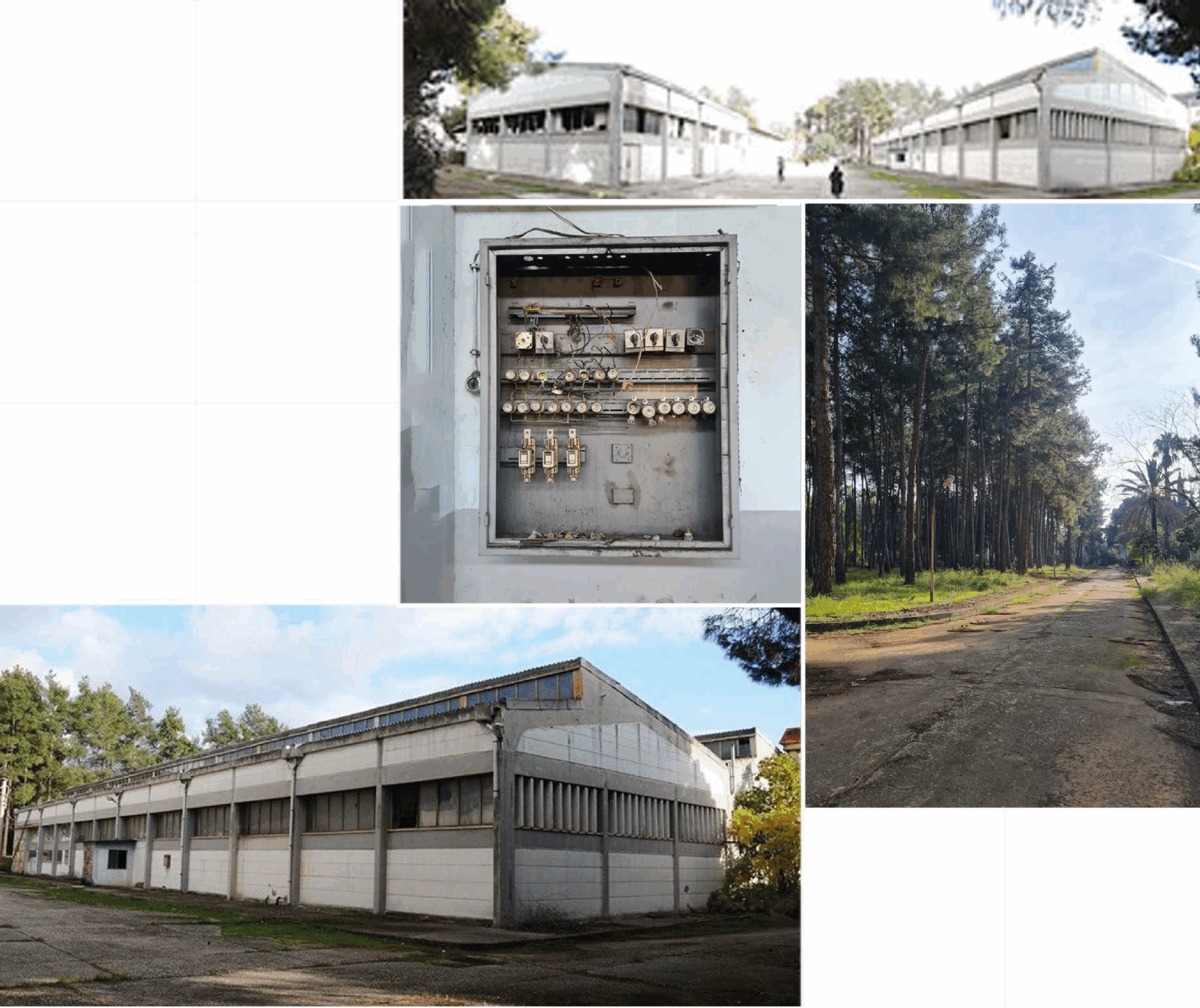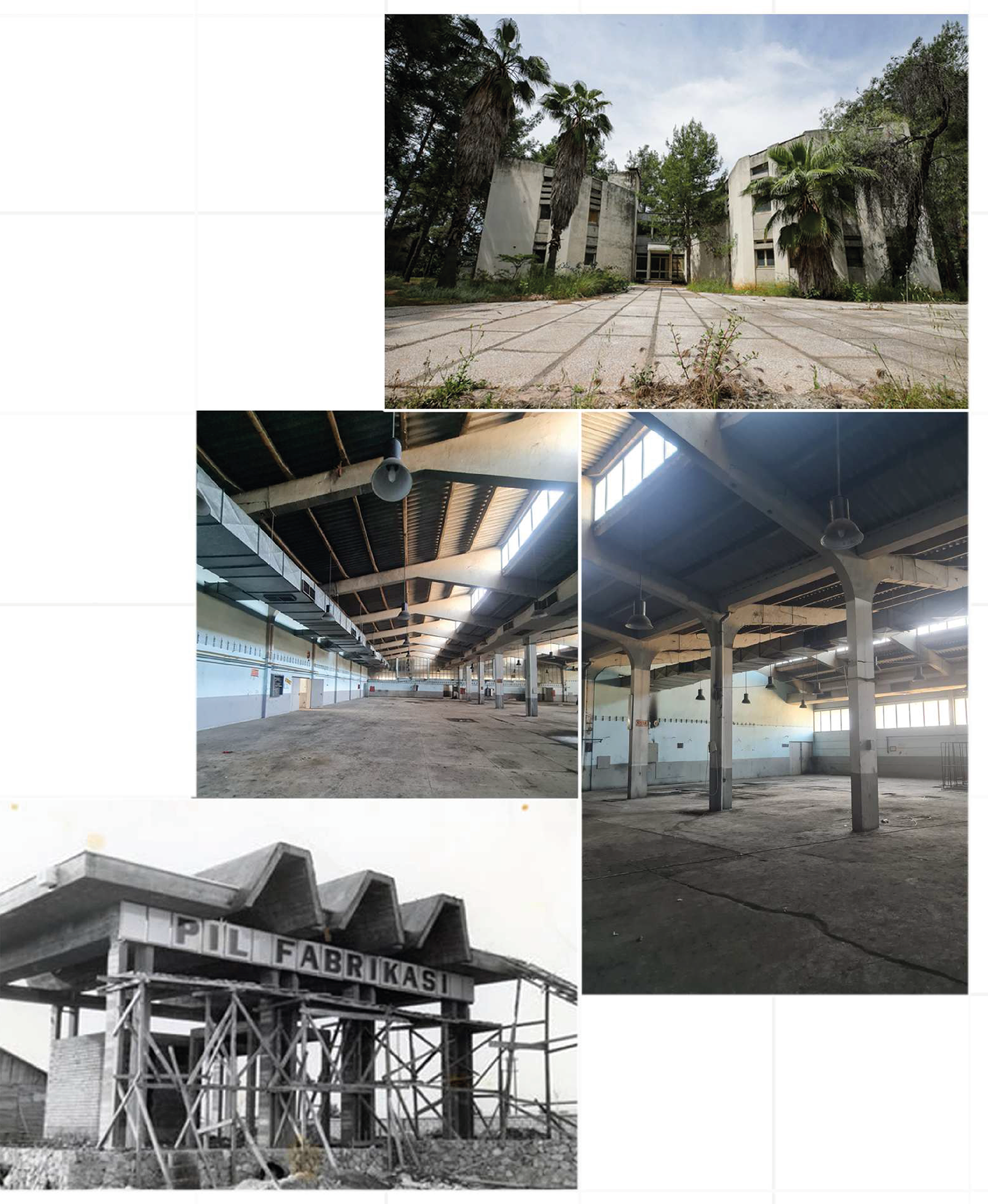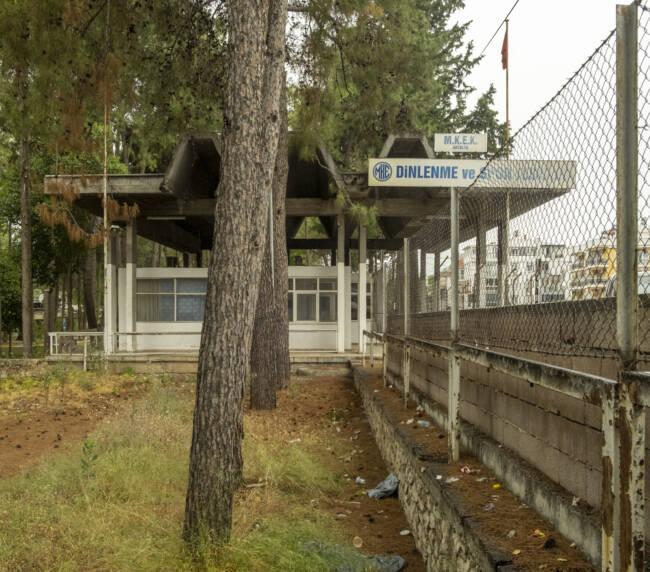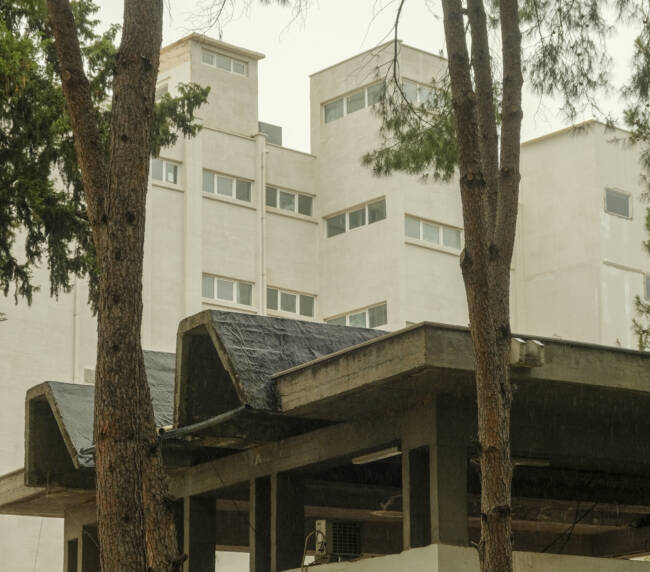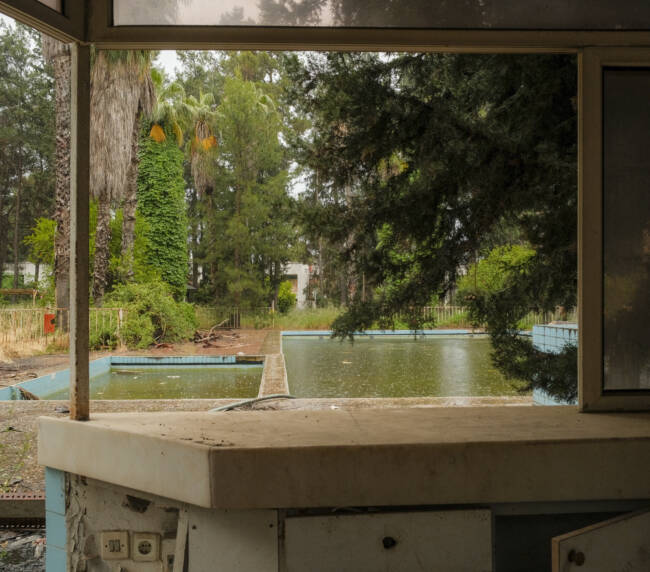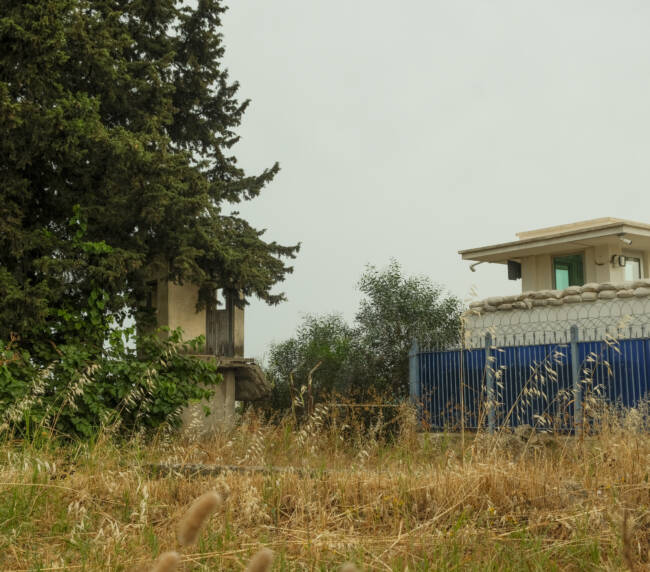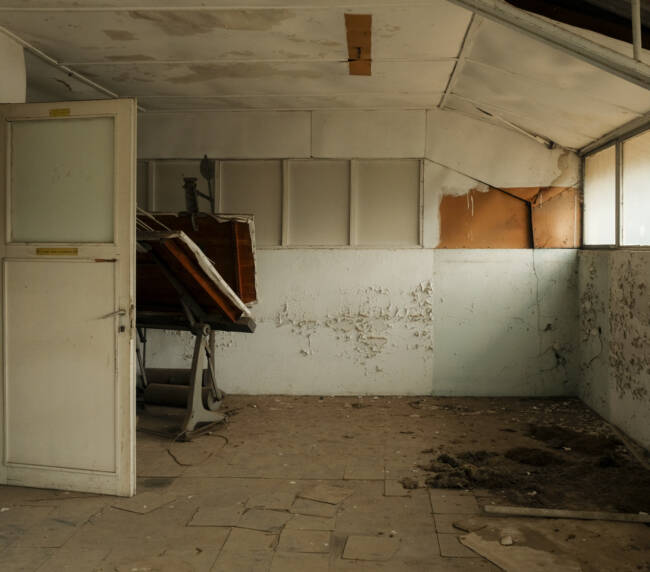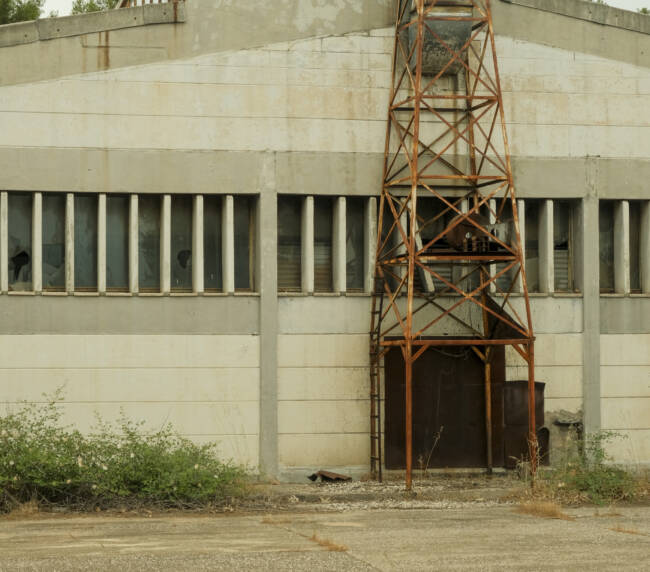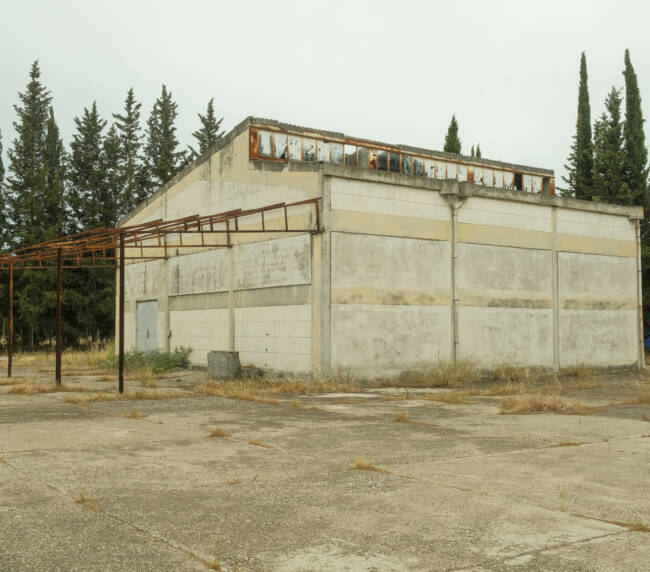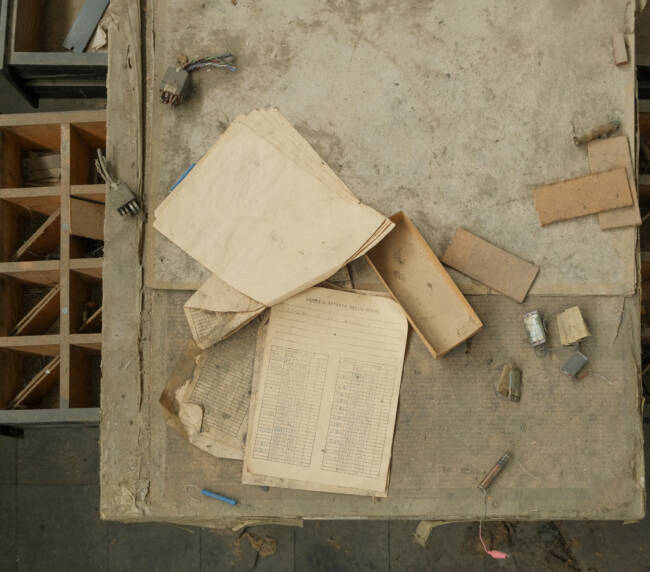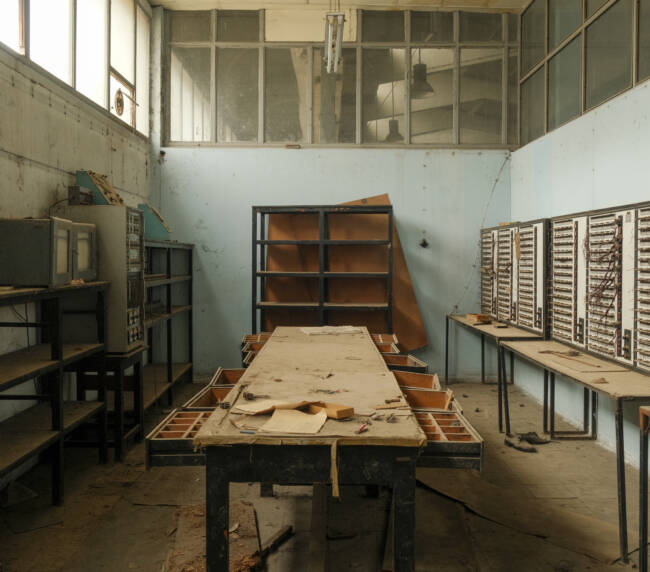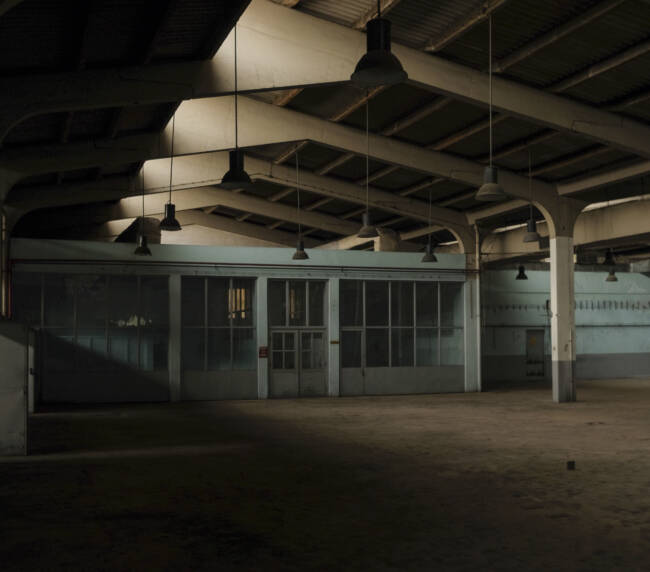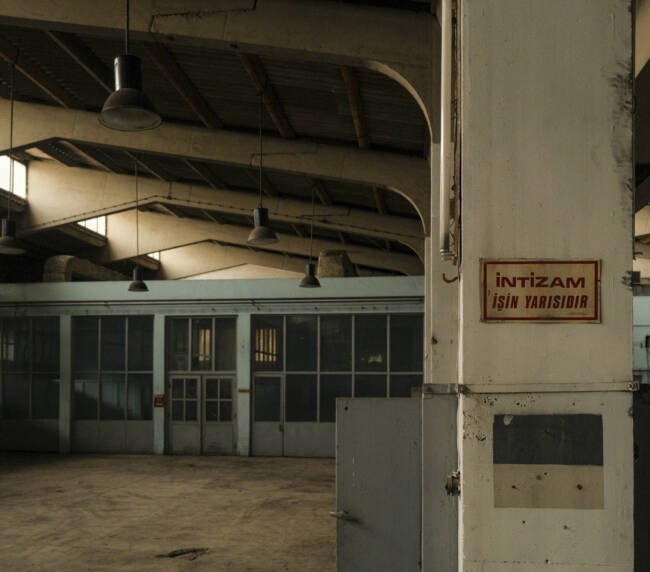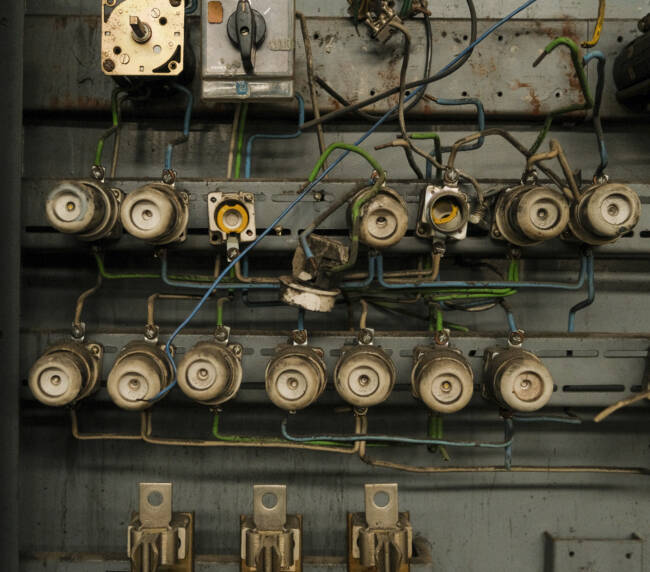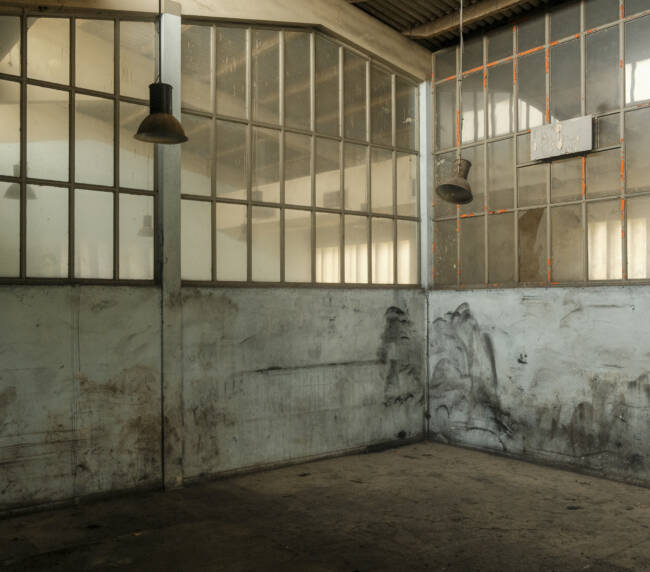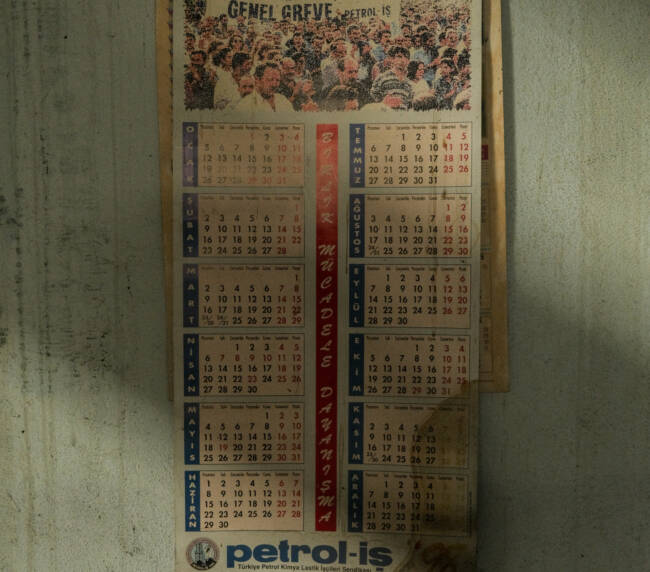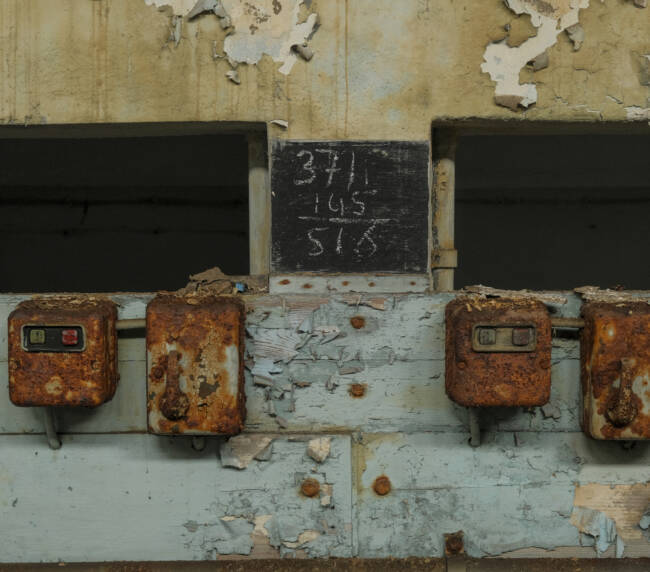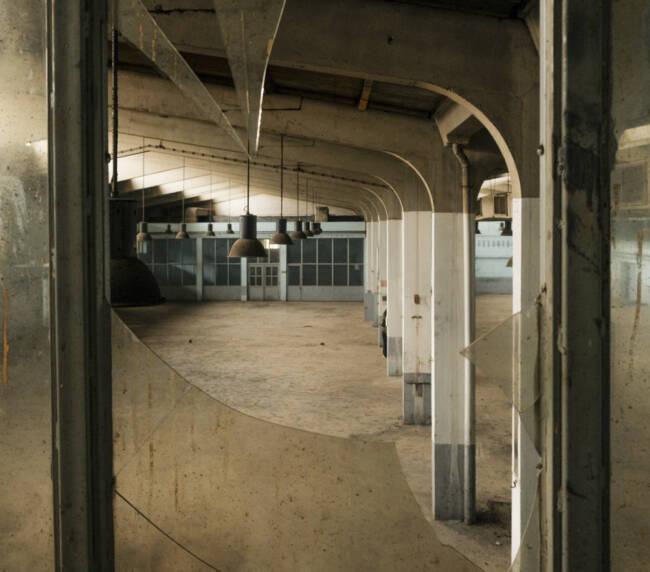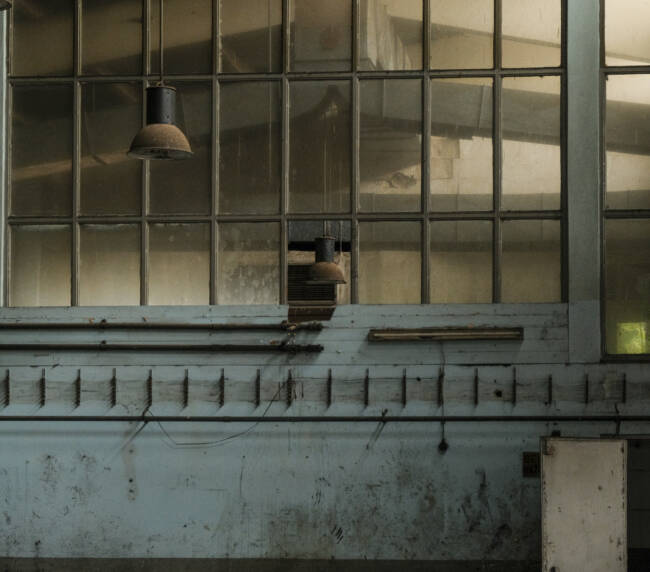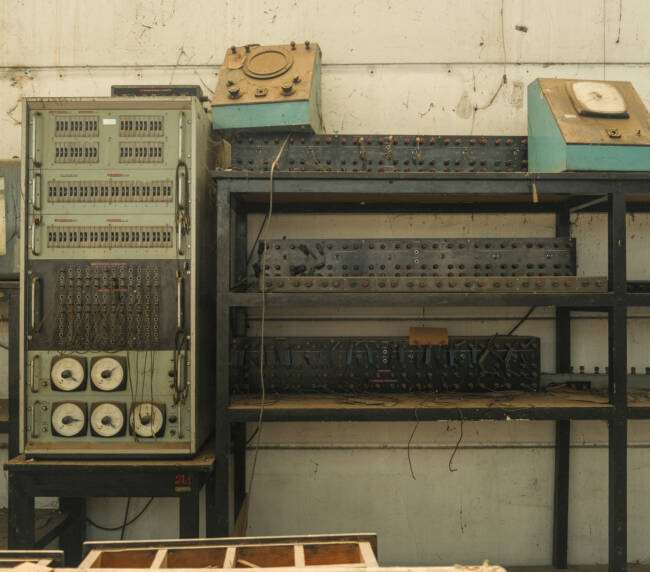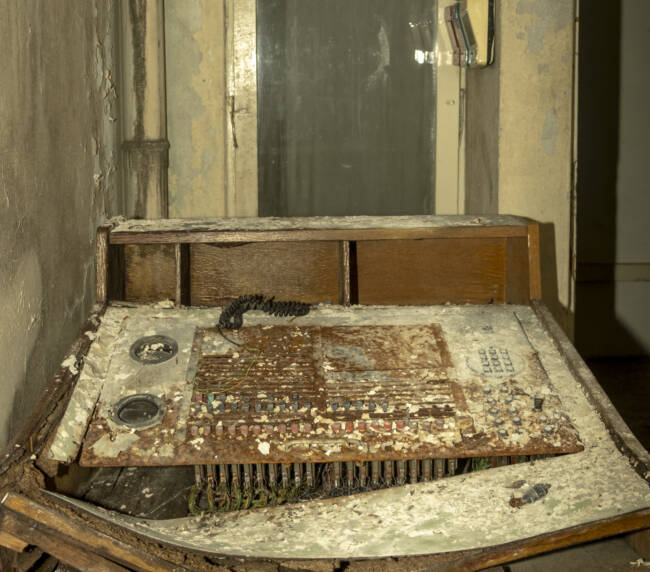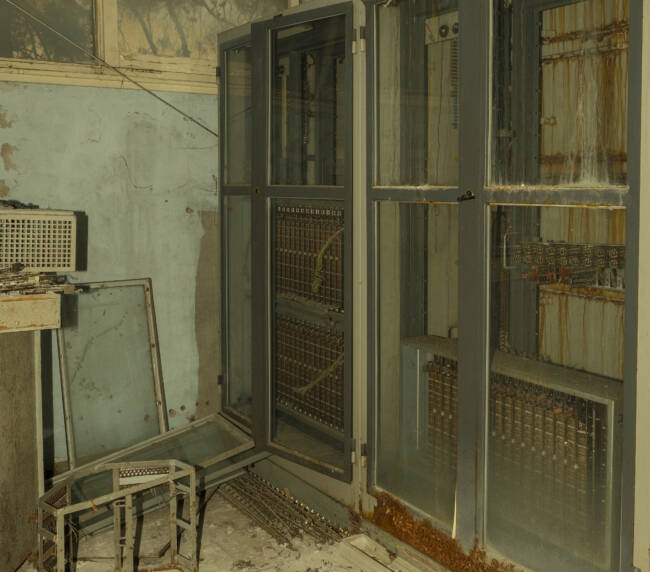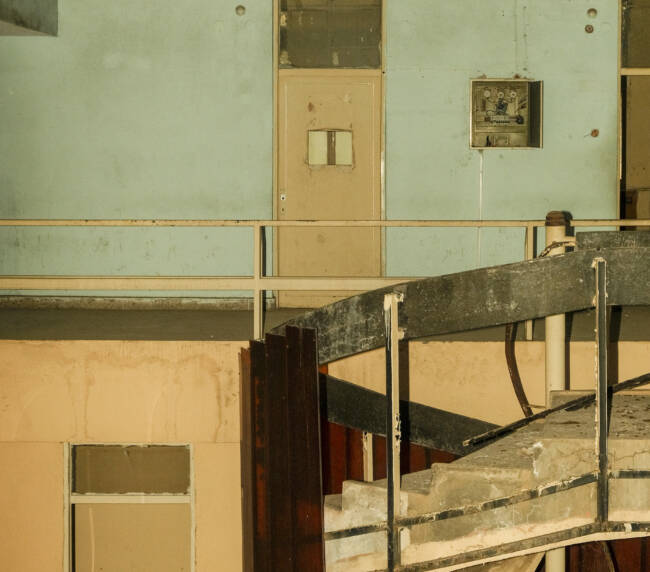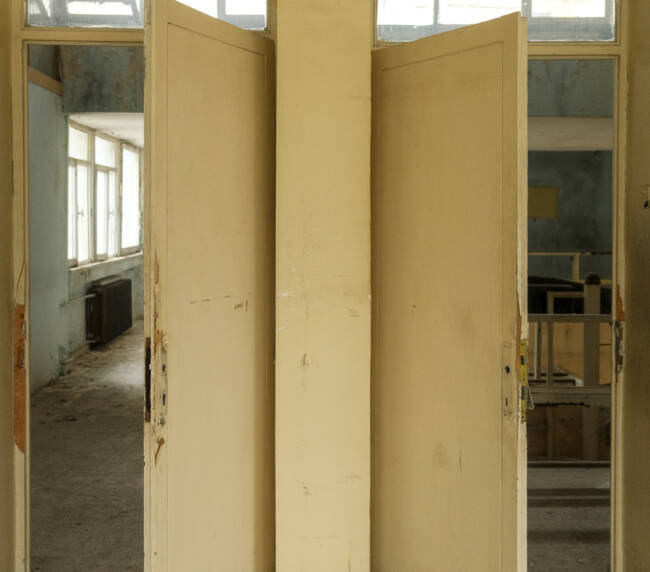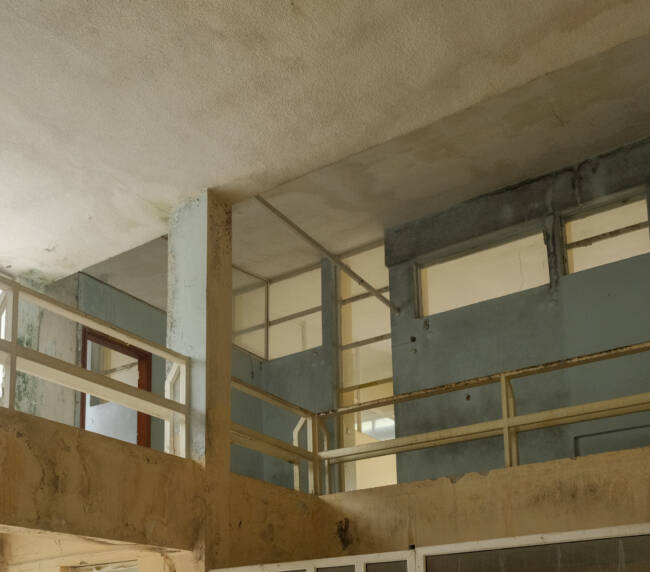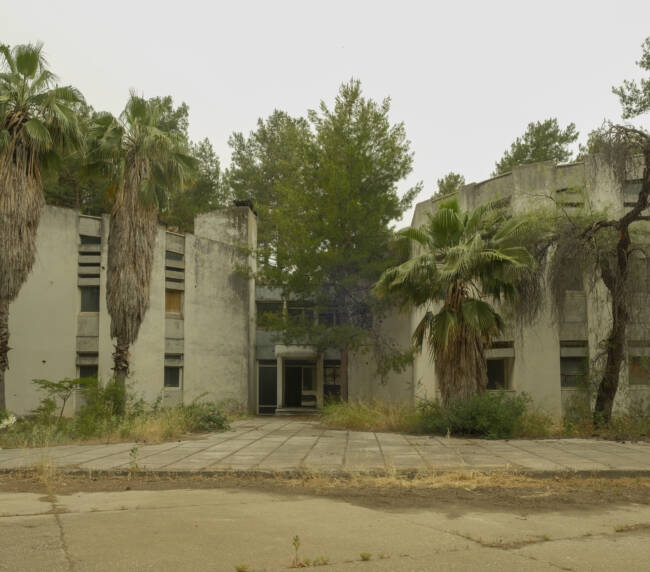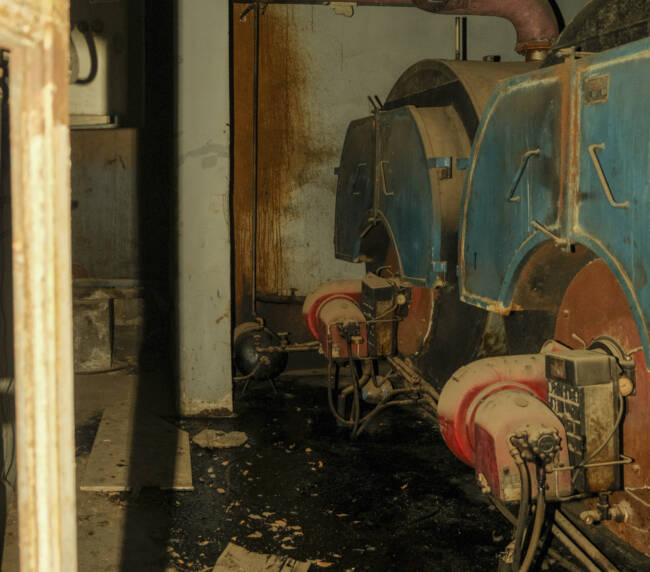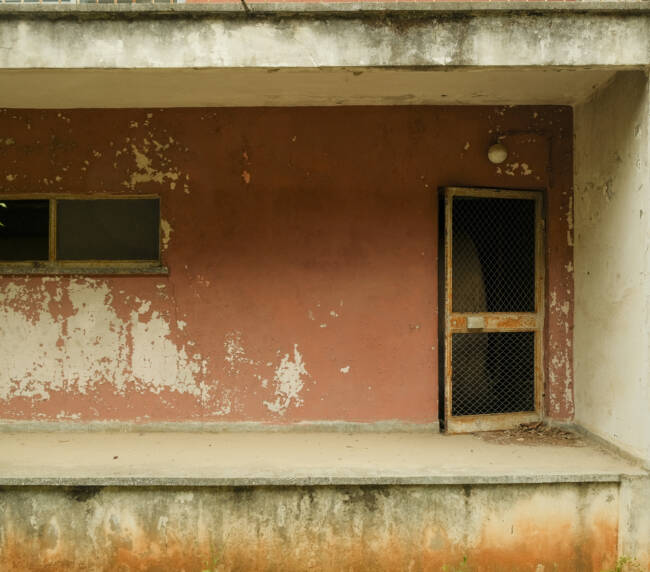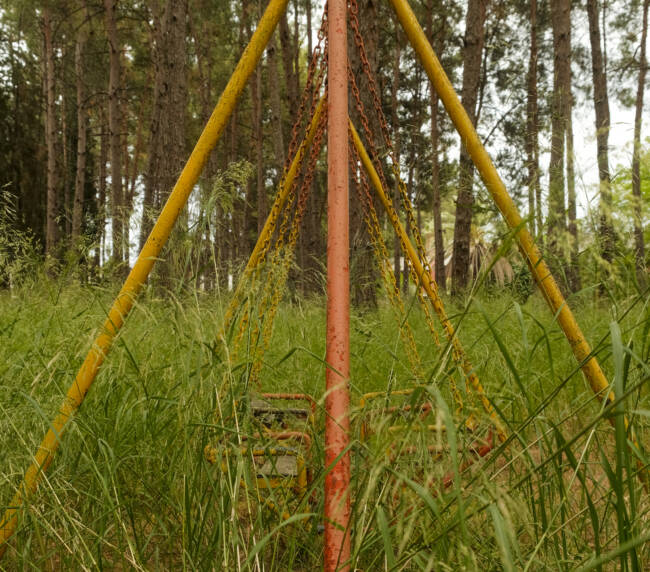Industrial campuses, particularly those established in the first fifty years of the Republic, were designed as complexes that embodied modern architecture and the transfer of contemporary technology. These facilities provided a modern living environment for employees, offering amenities such as housing, kindergartens, schools, social and sports facilities.
The Biennial exhibitions and various parallel events will be held in a distinctive context within the Kepez district of Antalya, which is home to two industrial campuses: the Antalya Battery Factory and the Antalya Cotton Weaving Factory. Events will take place mainly at the abandoned Battery Factory site.
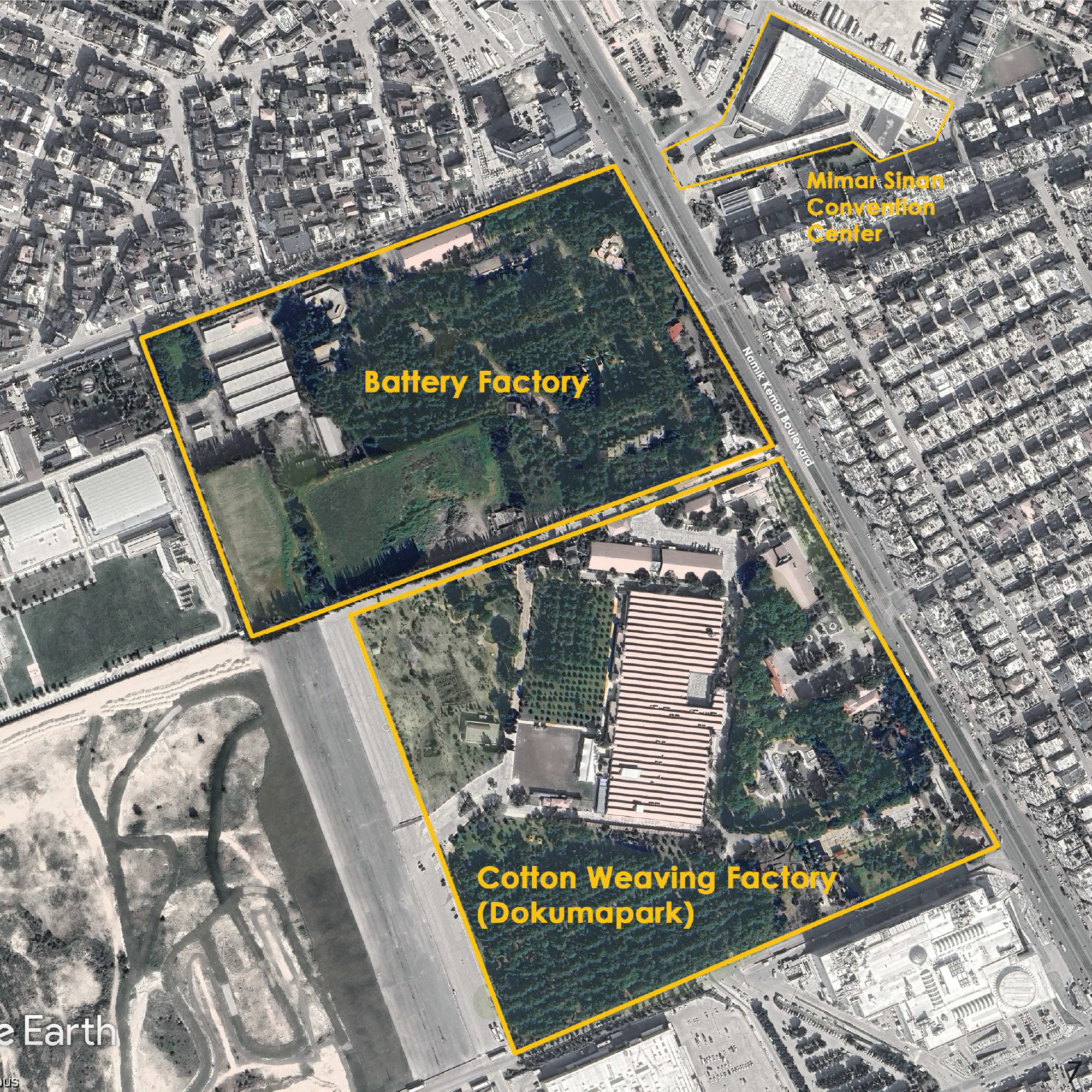
The Antalya Battery Factory began operations in 1975, producing cells and batteries for the Turkish Armed Forces. Expanding over 250 acres, the facility operated for 23 years as a fully developed industrial campus, including factory and warehouse buildings, a garage, maintenance-repair workshops, an administrative building, social facilities, a kindergarten, an infirmary, manager’s residences, housing for engineers and workers, a swimming pool, a football field, a children’s playground, an open-air cinema, and extensive green areas.
Although the factory was shut down in 1998, its campus has since emerged as one of Antalya’s main green oases. Over time, a unique and protected ecological environment developed organically, with dense vegetation and mature trees enriching the urban landscape.

The Kepez Municipality is actively working to revitalize this area for public use. As part of this effort, the social facility of the campus was renovated and repurposed as a library and study space, with the original architecture preserved. Similarly, one of the directors’ residences was transformed into a ‘museum house,’ called the Cyprus House, commemorating the factory’s contributions to the 1974 Cyprus Peace Operation with an exhibition on the national struggle on Cyprus.
Alongside the production and storage buildings serving the factory, the Antalya Cotton Weaving Factory housed residential units for the employees and facilities for social, sporting, and educational functions. The Kepez Municipality transformed the complex into a cultural and recreational venue, called Dokumapark.
The already present popularity of the Antalya Cotton Weaving Factory Culture and Recreation Center will certainly contribute to the public appeal of The Antalya Battery Factory, where the International Antalya Biennial of Architecture (IABA 4.5) will be hosted, where the Biennial will bring contemporary architectural and urban dynamics to the attention of the public within the unique setting of this historic industrial heritage site.
